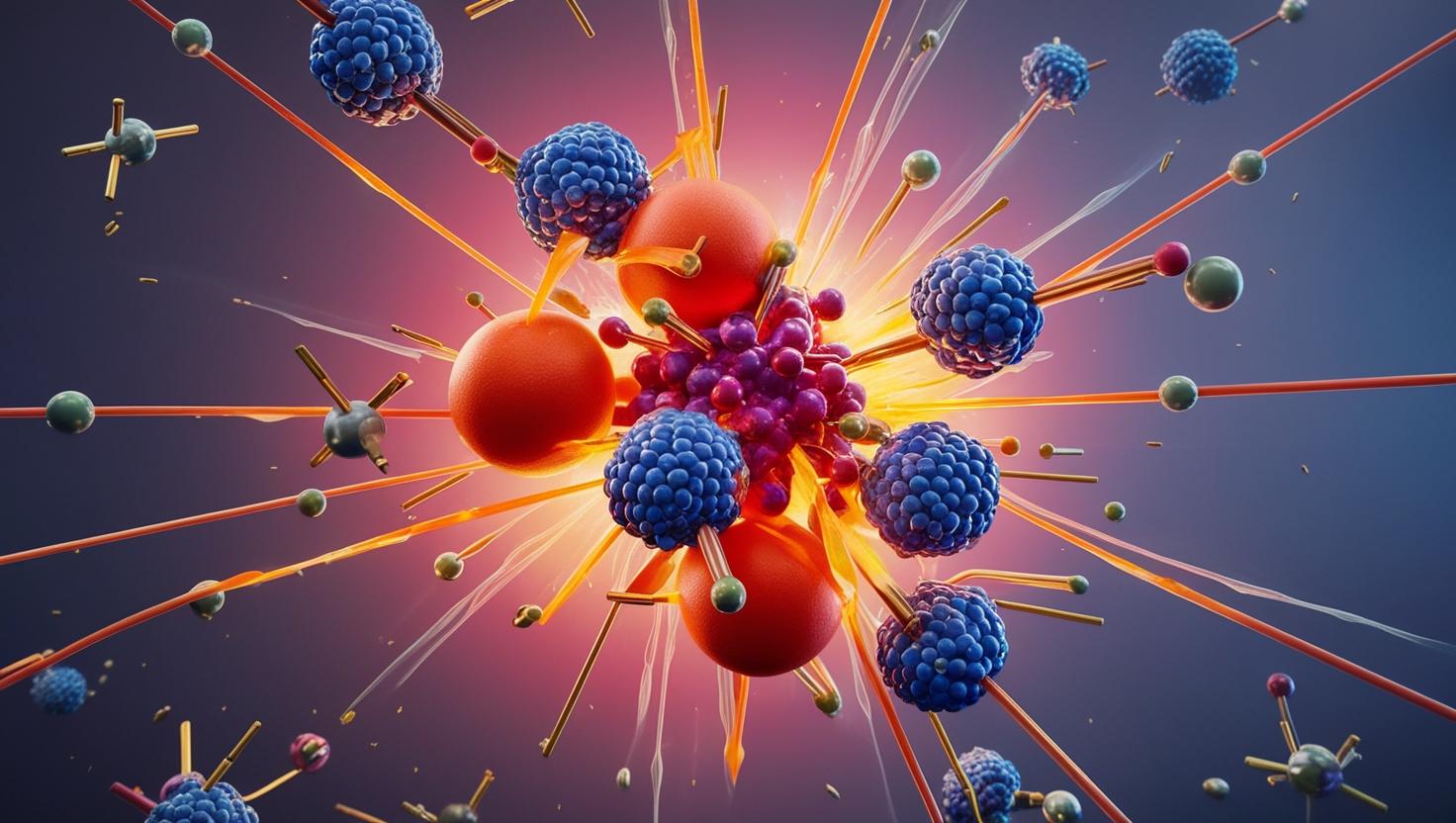Humans learned to thrive in a variety of African environments before their successful expansion into Eurasia roughly 50,000 years ago. Credit: Ondrej Pelanek and Martin Pelanek
Discovering the Key to Our Global Expansion
Scientists have long known that Homo sapiens first ventured out of Africa hundreds of thousands of years ago—many early groups tried, but most disappeared. A groundbreaking new study reveals that the secret to one group’s success lies not in better tools or genes, but in ecological flexibility.
A Journey Through Changing Habitats
Around 70,000 years ago, humans began to thrive in a variety of African landscapes—from dense forests to sprawling deserts and climates with wide annual temperature changes. By living in such diverse habitats, early humans gained the unique ability to adapt to unfamiliar environments.
Contrast this with earlier migrations—some of which may have occurred as early as 185,000 years ago—that likely ended in extinction simply because those groups lacked this versatile survival toolkit.
Nature’s Toolbox: Not Just Brains and Stones
Rather than crediting superior tools or revolutionary genes, researchers point to a complex interplay of factors:
- Broader home ranges, leading to exposure to varied environments
- Greater cultural exchange boosting innovation
- Incremental accumulation of strategies—not one single breakthrough
This mosaic of adaptations gave one group of Homo sapiens an edge, allowing them to journey into Eurasia roughly 50,000 years ago, where they became the ancestors of all non‑African populations today.
Why This Matters Today
This research reshapes our view of early human migration. Instead of a singular grand exit from Africa, what we see is an evolutionary journey—one driven by adaptability and resilience. It also prompts a fresh look at other ancient hominins, like Neanderthals and Denisovans, and how ecology shaped their fates too.
Key Takeaways
- Habitat variety was the training ground for survival beyond Africa
- Adaptability, not just technology, unlocked the world
- Humanity’s story is one of evolving flexibility, not sudden breakthroughs
Your Turn to Wonder
What other hidden abilities might have shaped human history? Could this story of adaptation hold lessons for our future on a changing planet?
Reference: “Major expansion in the human niche preceded out of Africa dispersal” by Emily Y. Hallett, Michela Leonardi, Jacopo Niccolò Cerasoni, Manuel Will, Robert Beyer, Mario Krapp, Andrew W. Kandel, Andrea Manica and Eleanor M. L. Scerri, 18 June 2025, Nature.
DOI: 10.1038/s41586-025-09154-0
Daily science news 2025, Best science blogs, New science research 2025, Popular science articles, Latest science news 2025










